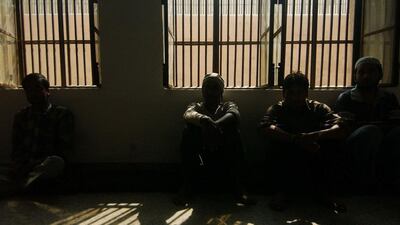Nobody can be in any doubt about the scale of the challenges facing India. With major economic reform required to fulfil its considerable potential and with corruption and inefficiency acting against progress, the news that hundreds of thousands of Indians languish in jail for years while awaiting trial might not seem to be a high priority.
But that would be to misunderstand the way India has to change. For all the major economic modernisation promised by prime minister Narendra Modi – and made feasible by his commanding electoral mandate – it will also be by upholding fundamentals like the rule of law and the administration of justice that India will propel itself into a prosperous future.
The case of the inmates in India’s notoriously overcrowded jails awaiting trial makes for bleak reading. About two thirds of the nearly four million prisoners are yet to have the accusations against them determined in court and some have already served more than half the maximum penalty that could be imposed for their alleged crimes – a threshold that under Indian law requires them to be released, but which is rarely followed.
An oft-quoted phrase in jurisprudence is that justice delayed is justice denied and that is entirely apposite for the hundreds of thousands of inmates who are due for immediate release because of the amount of time they have already served. But the inability of India’s jails to uphold Indian law hints at a much bigger problem.
Another of India’s challenges is the frequency of rape. With a lack of priority given to such cases by some police and with frankly unfortunate comments like the recent one by Indian finance minister Arun Jaitley that the shocking gang rape and murder of a physiotherapy student was a “small incident”, one could contend that it sends the message that crimes of sexual violence are treated as if they were decriminalised. This is abjectly wrong.
Rule of law is not just a phrase for the university lecture hall. It has to be upheld in cases of rape, for prisoners awaiting trial and for all other aspects of Indian life. No reforms enacted by Mr Modi will work if the fundamentals of a civilised society are not functioning properly.

